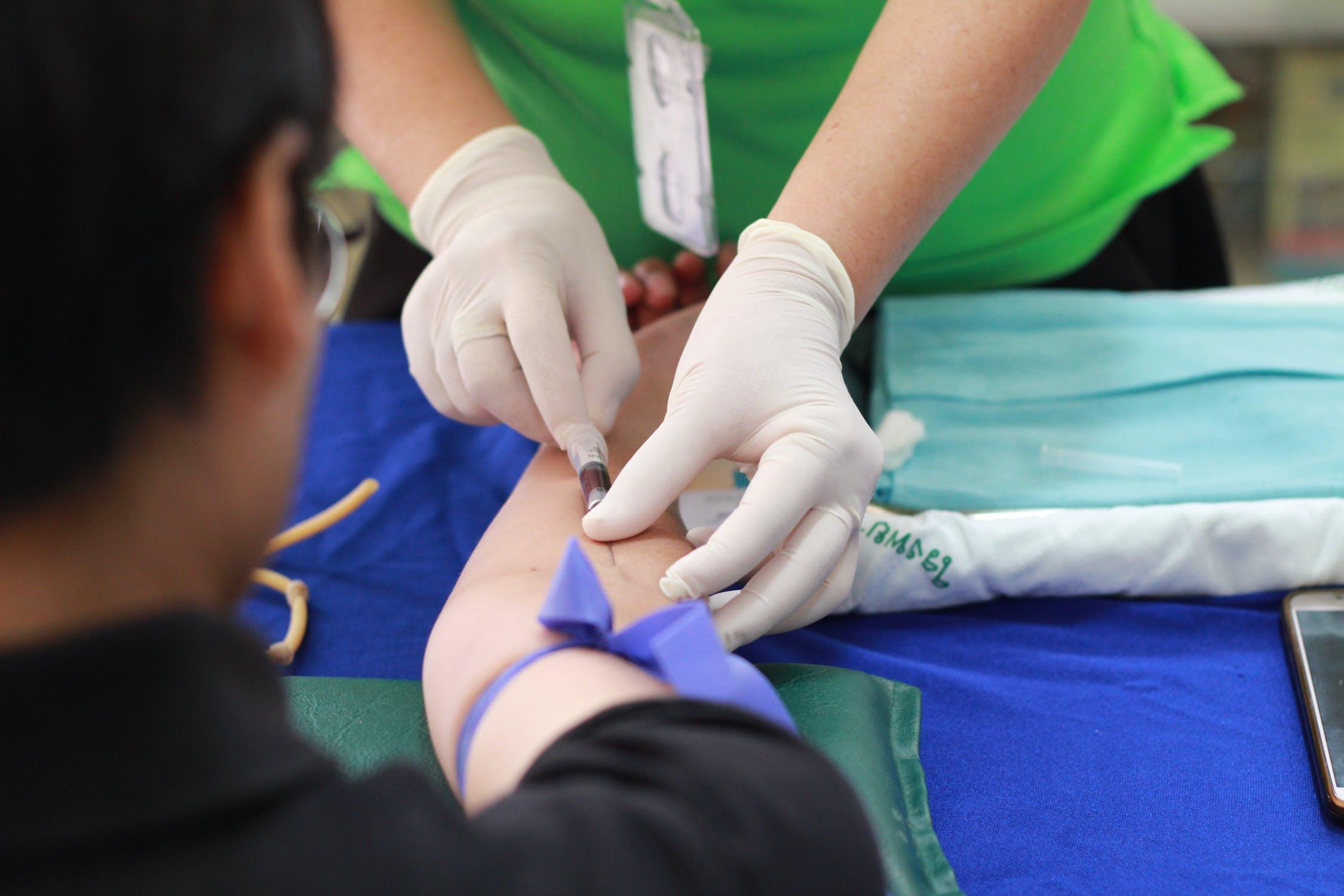
MATLAB, a dynamic tool extensively utilized in both academia and professional domains, often throws challenging homework assignments at students. Juggling your coursework while grappling with the complexities of MATLAB can indeed be overwhelming.
This struggle is a shared experience among students, evident from the influx of learners seeking matlab homework help. In this article, we’re here to equip you with practical and potent strategies to triumph over your MATLAB homework tasks with enhanced efficiency.
- Deciphering the Assignment
Before embarking on your homework voyage, pause and immerse yourself in the assignment instructions. Grasp the core challenge, identify the specific MATLAB functions or concepts demanded. Should uncertainties arise, don’t hesitate to connect with your instructor—beginning with clarity sets the stage for a triumphant conclusion.
- Strategic Planning and Organizing
The conquest of what might appear to be a monumental assignment starts with breaking it down into manageable tasks. Forge a meticulous roadmap for your undertaking. Allocate time for each segment, ensuring you don’t cramp everything into the eleventh hour. Setting up achievable milestones not only keeps you on the right path but also douses the flames of last-minute panic.
- Building Your Arsenal of Resources
Equip yourself with a toolbox brimming with resources. This arsenal encompasses lecture notes, textbooks, and online tutorials. What’s more, venture into the expansive universe of MATLAB’s official documentation. Pinpoint and bookmark functions that resonate with your assignment’s objectives—these shortcuts can prove invaluable when time is of the essence.
- A Quick Revisit to Core Concepts
A swift review of foundational MATLAB concepts serves as a wise prelude to your mission. Focus on concepts directly relevant to your task at hand. This exercise doesn’t just sharpen your problem-solving acumen but also polishes your comprehension of MATLAB’s capabilities.
- Preliminary Code Blueprinting
Before plunging into coding, lay out a blueprint. Sketch a structural outline for your code—highlight variables and algorithms crucial to the task. This proactive approach serves as a shield against code chaos and the irksome cycle of rewriting and debugging.
- Breaking Down Code into Modules
Complex problems often kneel before a modular approach. Slice your code into manageable segments, each with a specific purpose. Modular code streamlines debugging, maintenance, and testing, consequently fueling a more streamlined advancement.
- Embracing Iterative Testing
Welcome the practice of iterative testing into your routine. Don’t wait until the finish line to test your code. Evaluate individual components as you weave together your solution. This real-time feedback loop brings lurking bugs to light early on, saving you from wrestling with a convoluted codebase.
- Unraveling the Art of Debugging
No code stands immune to bugs, yet MATLAB arms you with tools to tackle them head-on. Employ breakpoints and the built-in debugger to troubleshoot effectively. Illuminate your path to error resolution by printing intermediate results and variables.
- Championing Simplicity over Complexity
Amid the pursuit of elegance, simplicity reigns supreme. Strive for direct, elegant solutions that diminish the chances of errors and hasten development.
- Don’t Shy Away from Seeking Assistance
Caught in the loop of confusion? You needn’t brave it alone. Reach out to peers, instructors, cheap essay writing services, or virtual forums for aid. Collaborative problem-solving introduces fresh perspectives that might unveil shortcuts you hadn’t previously considered.
Final Take
In a realm where efficiency is treasured, these strategies arm you with the tools to conquer your MATLAB homework assignments. Remember, consistent practice of these techniques not only saves you time but also deepens your understanding of MATLAB’s intricacies.


















 2018 ·
2018 ·